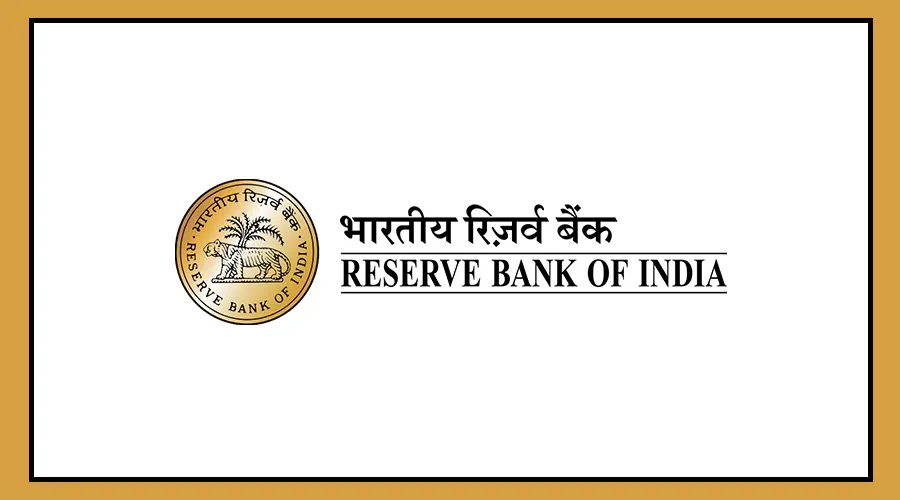The Reserve Bank of India (RBI) has announced new rules for financial institutions, including banks, on investing in Alternative Investment Funds (AIFs).
This updated framework is called the Reserve Bank of India (Investment in AIF) Directions, 2025,
and it will come into effect from January 1, 2026. However, institutions can adopt these rules earlier based on their internal policies.
These new guidelines will apply to:
Commercial Banks
Cooperative Banks
All-India Financial Institutions
Housing Finance Companies
Non-Banking Financial Companies (NBFCs)
Key Changes and Exemptions Explained
Investment Limits: Under the new rules, a regulated entity (RE) cannot invest more than 10% of the total size of any AIF scheme. Also, all REs combined cannot contribute more than 20% to any single AIF scheme.
Debtor Company Defined: RBI defines a “debtor company” as any company that has taken a loan or received an investment (other than equity) from a regulated entity in the last 12 months.
Exemptions:
Investments made earlier with RBI’s approval or under the 2016 Financial Services Provided by Banks guidelines are exempt from the new limits.
RBI also has the authority to exempt certain AIFs from these rules after consulting with the government.
Old Rules Repealed, New Rules Take Effect
With these changes, RBI has withdrawn its earlier AIF investment rules issued in December 2023 and March 2024.
The new rules will now apply. However, existing investments can continue under either the old or new rules—whichever the bank or NBFC chooses to follow.
RBI mentioned that these updates have been made after reviewing industry feedback and aligning with SEBI’s regulations on AIFs.

























